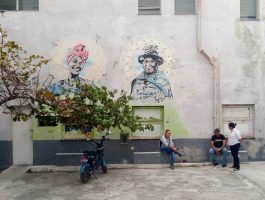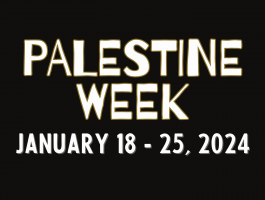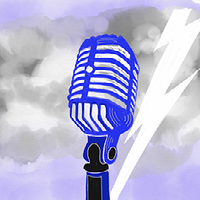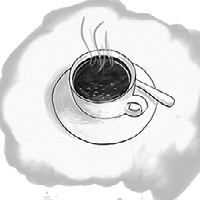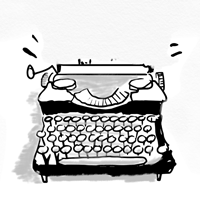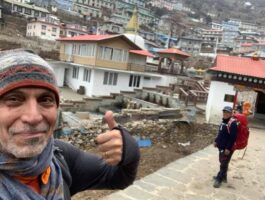Busboys and Poets Books is excited to have social justice author, Mamta Jain Valderrama coming to Busboys 14th & V to discuss her debut novel, A Girl In Traffick, based on true stories of human organ trafficking. In advance of the upcoming event, bookstore supervisor Kenlynn Nelson interviewed Mamta about her writing and thoughts on her first book:
1. Please share a bit of your background and how you learned so much about human organ trafficking.
By karma or coincidence, I have been surrounded by the world of human kidneys for the past decade. Kidneys are the most trafficked organ in the world. I first learned about organ trafficking while studying medical tourism in grad school. Most of the stories were about crimes happening in India. My parents are immigrants from India, and I have traveled there many times. The stories hit me hard, and felt personal. After I graduated, I worked for a large kidney dialysis provider, where I became further immersed in the world of kidneys. I met my husband at the dialysis company, and it turns out his youngest brother requires kidney dialysis. My book is dedicated to my brother-in-law.
2. Human organ trafficking is an unfamiliar topic for many people. Why did you decide to write a novel vs. writing non-fiction?
I made this decision with a lot of intention. If someone asked me to read a book or watch a documentary about organ trafficking, it would take me a long time to get to it – it’s not exactly a Friday night want-to-unwind-and-watch-Netflix topic. My book thoroughly addresses this important issue in an entertaining, page-turner approach. Many of my online reviews say “I couldn’t put this book down.” I want the issue to stick with my readers long after they return my book to the shelf. I felt fiction could achieve that better than nonfiction. I clearly state that my book is inspired by true events, so readers know organ trafficking isn’t a myth.
3. While writing A Girl in Traffick did you follow a writing routine? Any particular rituals that helped with your writing process?
I’m driven by deadlines, and I can actually self impose a deadline and stick to it. While that might sound impressive to people reading this, it can also be too much detriment. In order to meet my deadlines, I pulled many all-nighters which made the next day rough. I have a toddler who I am home with during the day, so I wasn’t always my best self some days. But setting deadlines helped me. I started by deciding on a date by which I wanted to be published, and then I backed into the deadlines from there. As far as rituals, I am drawn to pretty dark topics, so it was (is) important to maintain balance by doing fun, lighthearted activities. I took up cookie decorating, which I absolutely love. My advice to fellow writers is to close your laptop for at least one hour every day, and if possible, for an entire day every week. Engage your brain in non-writing activities and refill your cup.
4. What do you hope readers will take away from A Girl in Traffick? Any easy action steps they can do?
If my readers take away just this one message, I will feel like a success. Organ trafficking = human trafficking. Most people, even those that work in human trafficking, have so narrowly defined human trafficking to only mean sex trafficking. That is completely false. Humans are being trafficked for their body parts, so it is absolutely human trafficking. Part of the reason that organ trafficking doesn’t get the same media attention as sex trafficking is because it has been excluded from the definition. As far as easy action steps, take care of your kidneys! Ten percent of the American population has kidney disease, which is the precursor to kidney failure. Don’t be in a position where you need a kidney transplant.
5. You’ll be flying out from California for your event at Busboys and Poets in May. What are you looking forward to reading on the flight?
I love this question. I will be flying with my two-year-old toddler so I don’t actually expect to have much of a chance to read on the flight. But I always still have a book with me just in case. I’m currently reading Ann Patchett’s Commonwealth. Next on my list is Anthony Doerr’s All the Light We Cannot See.
6. Is there a question that you hope readers/attendees ask at your event?
The event is not so much about organ trafficking as it is about examining fiction’s role in telling real world stories. To that end, I hope attendees will ask questions about the current inflection point in our country around fake news, how empathy for book characters helps readers remember stories and issues long after they’re done reading, and how that empathy influences public opinion, and maybe even public policy.
